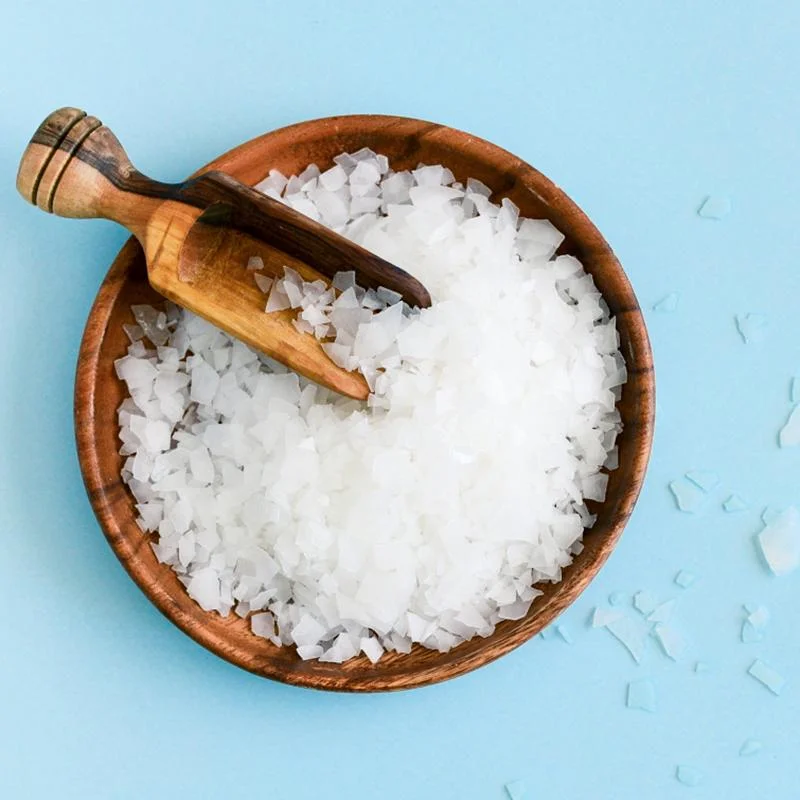
Everything You Need to Know About Lipotropic
Lipotropic contain vitamins and nutrients that some people believe may support weight loss. Side effects can vary based on what is in the injection.
Lipotropic injections are supplements used for fat loss. These are intended to complementother aspects of a weight loss regimen, including exercise and a low-calorie diet.
The injections most often contain vitamin B12, which is considered safe in large quantities. However, lipotropic injections used alone without a weight loss plan may not be safe.
While there’s a lot of hype surrounding B12 and mixed-ingredient lipotropic injections, these aren’t a guarantee for everyone, nor are they completely without risk.
They also aren’t regulated in the same way prescription and over-the-counter medications are. Always talk to a doctor before getting lipotropic injections for weight loss.

These injectables consist of various vitamins, nutrients, and other ingredients purportedly used to aid in weight loss. Some of the most common ingredients in these shots include:
- vitamin B-12
- vitamin B-6
- vitamin B complex
- Branched Chain Amino Acids (BCAAs)
- L-carnitine
- phentermine
- MIC (a combination of methionine, inositol, and choline)
The shots may be administered in the arm or other areas containing more subcutaneous fatty tissues, such as the thigh, abdomen, or buttocks.
Lipotropics are primarily administered in medical spas and weight loss clinics, along with a diet and exercise plan. The providers may or may not be medical doctors, so it’s important to check the credentials of any business before undergoing any lipotropic treatment plan.
Some doctors may also administer single-ingredient shots, such as vitamin B-12, but these are primarily intended for people who are deficient in nutrients.
If your weight loss plan includes these injections, your provider will administer them weekly. Some practitioners might recommend B-12 shots up to two times per week for energy and fat metabolism.
Some doctors recommend B-12 injections if you’re having an overall deficiency in this micronutrient. In such cases, you may be prescribed B-12 injections to take at home a couple of times per week, or as directed by your doctor.
The exact dosage of your injections will depend on what ingredients are being used. In one clinical trial assessing the efficacy of phentermine and vitamin B-12 for weight loss, vitamin B-12 (as the sole ingredient) was administered via injections of 1,000 mg per week.
Regardless of the dosage, your practitioner will likely recommend weekly shots for several weeks. This may be for a few months at a time or until you reach your weight loss goal.
A reputable practitioner will go over all the risks and side effects from these shots. The specific risks often depend on the ingredients being used. Vitamin B112, B16, and BCAAs, for example, aren’t harmful in large doses. Your body simply excretes any excessive amounts of these substances through the urine.
Other ingredients, especially drugs like phentermine, could potentially lead to side effects like:
- anxiety
- constipation
- diarrhea
- dry mouth
- fatigue
- incontinence
- increase in heart rate
- insomnia
- numbness in feet or hands
Call your doctor if any of these symptoms persist, or if they get worse. They may have you stop lipotropics or switch the ingredients being used. You’ll also want to avoid phentermine if you have anxiety, cardiovascular issues, or thyroid disease.
It’s also possible to experience side effects that may be attributed to your overall weight loss programs. Some weight loss clinics administer these shots in conjunction with an extremely low-calorie diet. When you’re not taking in very many calories, you can experience:
- extreme fatigue
- gastrointestinal upset
- hunger pangs
- irritability
- jitteriness
- lightheadedness
The science behind these injections is mixed. Clinical studies on lipotropics and obesity have remained inconclusive. Also, according to the Mayo Clinic, vitamin shots such as B12 haven’t proven to be effective in weight loss management because they don’t provide the metabolic boost that many practitioners promise.
If you do lose some weight from the injections, this is likely attributed to your overall weight loss program than it is to the shots alone.
There’s no clear-cut answer to questions related to lipotropic costs. This can vary based on the types of ingredients used, as well as your provider. Anecdotal reviews online estimate the shots ranging from $35 to $75 each.
If you get your shots from a medical or weight loss spa, chances are the shots are part of a weight loss package. Other injections, such as B-12, may be administered more affordably.
Insurance may cover lipotropics, but only if you can prove that you’re using them to treat a medical condition. This can be tricky, as most lipotropics are administered at non-traditional medical facilities.
Your provider may not take insurance, so you’d need to file with your insurance company after you’ve paid for the shots up front. However, your provider may offer package discounts or financing options, so it’s important to check potential discounts out in advance.
The shots don’t take much time out of your day. These can easily be done during your lunch break so you won’t have to miss work.
While some evidence suggests these injections might work with other weight loss methods, it’s important to implement these methods from the very start. Your doctor is your first source of expert advice on your weight loss goals, since everyone’s situation is different.
Tried-and-true weight loss plans usually implement the following measures:
- a steady weight loss of one to two pounds each week
- behavioral changes, which include eating habits
- getting enough sleep — seven to nine hours is considered adequate for most adults
- stress management
- regular exercise of at least a few hours per week
- regular check-ins with a doctor, dietitian, or weight loss counselor
- accountability via a personal check-in, a journal, or a tracking app on your smartphone
- cutting down on sugars and processed foods
- drinking more water
Lipotropic injections could promote fat loss in the body, but these shots aren’t bulletproof. Practitioners should note that they only work when combined with a healthy lifestyle that promotes weight loss.
While the shots aren’t necessarily dangerous, there’s no guarantee that they’ll help you lose weight, either. Always check with a doctor before getting any shots — especially if you’re already taking nutritional supplements.
Written By
Kristeen Cherney, PhD



